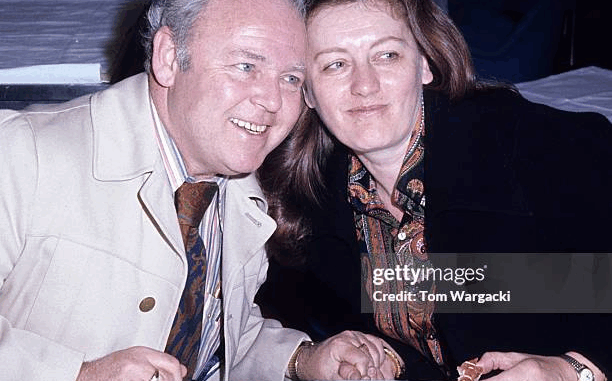
Carroll O’Connor, the celebrated American actor, left an indelible mark on television history through his unforgettable portrayal of Archie Bunker in the groundbreaking sitcom All in the Family. Premiering in 1971, the show not only redefined the American sitcom but also positioned O’Connor as one of the most iconic TV figures of the 20th century.
O’Connor’s Archie Bunker was a blue-collar, conservative World War II veteran with strong—often controversial—opinions about race, gender, and politics. While the character could be brash and bigoted, O’Connor’s nuanced performance infused Bunker with vulnerability, depth, and, at times, surprising moments of self-awareness. This complex characterization allowed viewers to both laugh at and reflect on the societal issues of the era.
All in the Family, created by Norman Lear, was revolutionary for its candid approach to topics previously considered taboo on television. O’Connor embraced the challenge, using humor and humanity to bring to life a character that mirrored the generational and ideological conflicts of the 1970s. His portrayal earned him four Primetime Emmy Awards and cemented his place in television history.
Despite initial pushback from some audiences, O’Connor’s performance helped shift public discourse. Rather than glorify Archie Bunker’s outdated views, the show often used satire to expose their flaws—turning the character into a lens through which America could examine itself. O’Connor himself, a liberal off-screen, frequently spoke about the importance of confronting bigotry through art.
Beyond All in the Family, O’Connor continued a successful career with roles in In the Heat of the Night and other productions, but Archie Bunker remained his signature role. The character’s chair, now housed in the Smithsonian Institution, stands as a symbol of how entertainment can influence cultural understanding.
Carroll O’Connor passed away in 2001, but his legacy endures. Through All in the Family, he not only made audiences laugh—he made them think. His work remains a testament to the power of performance in shaping public dialogue and challenging societal norms.
